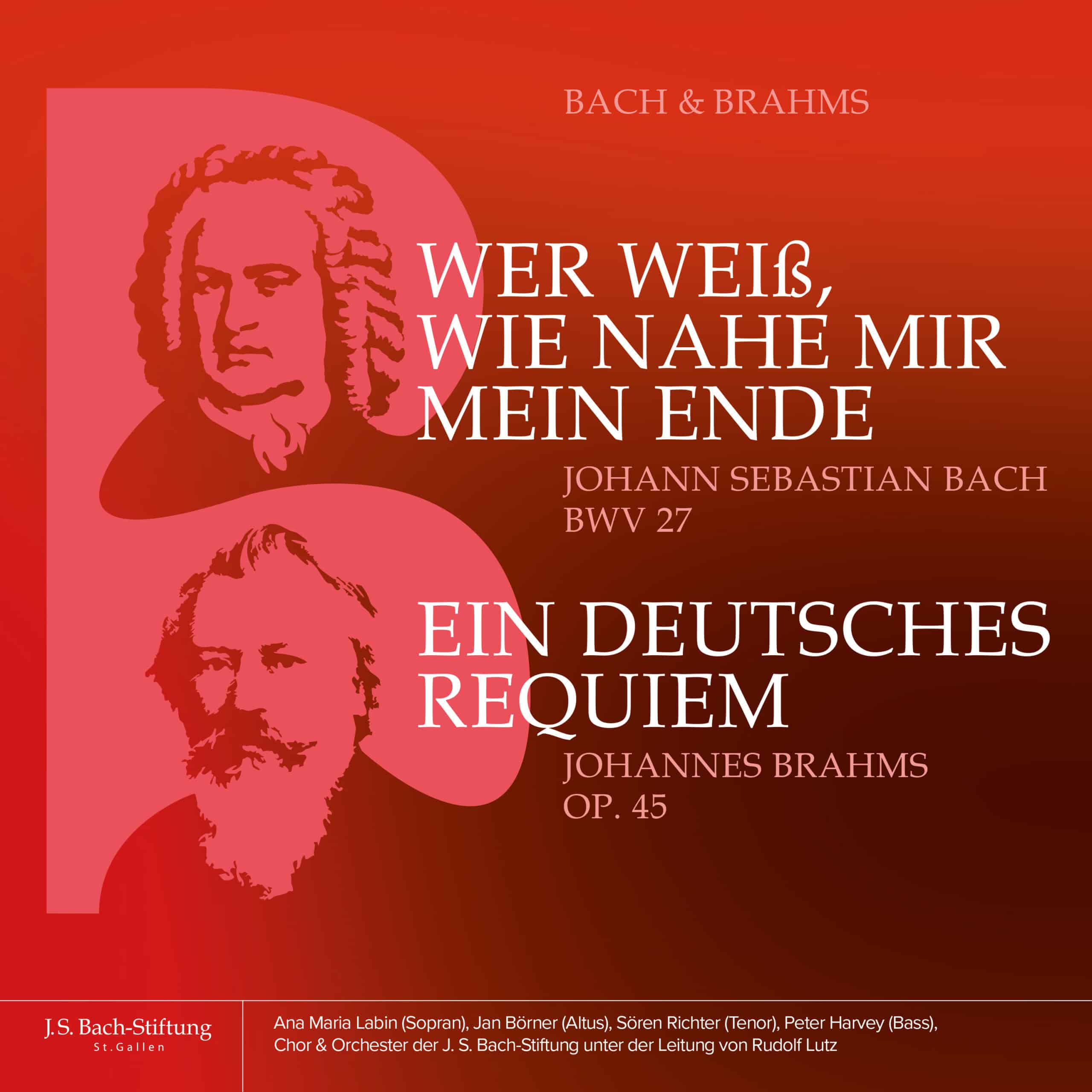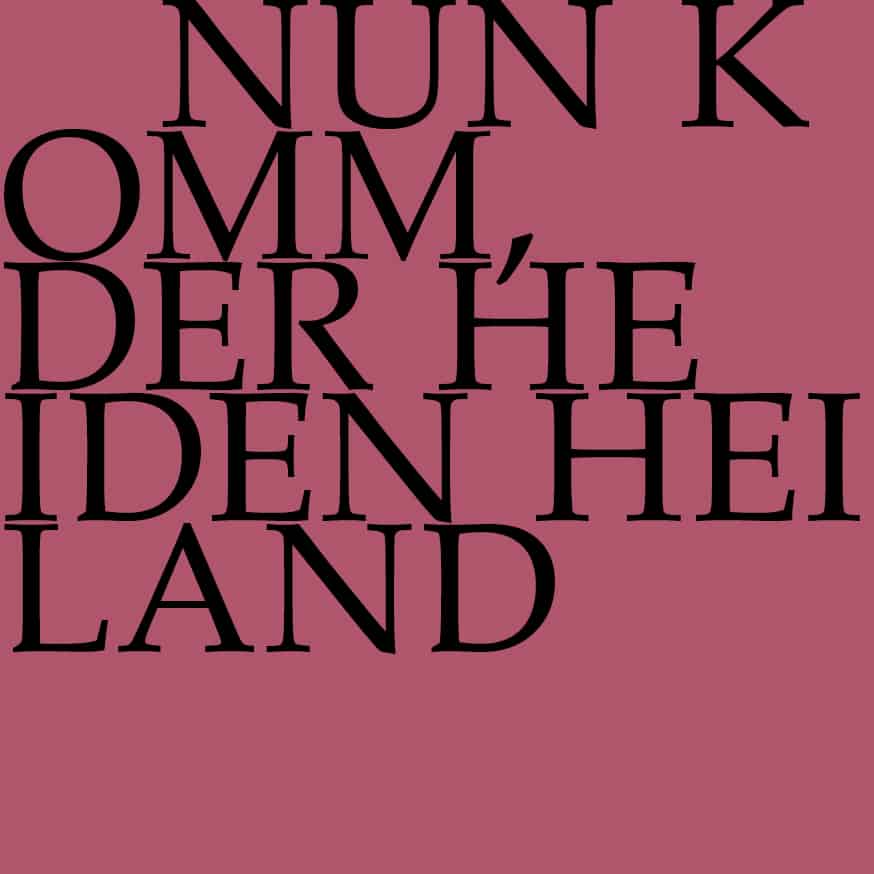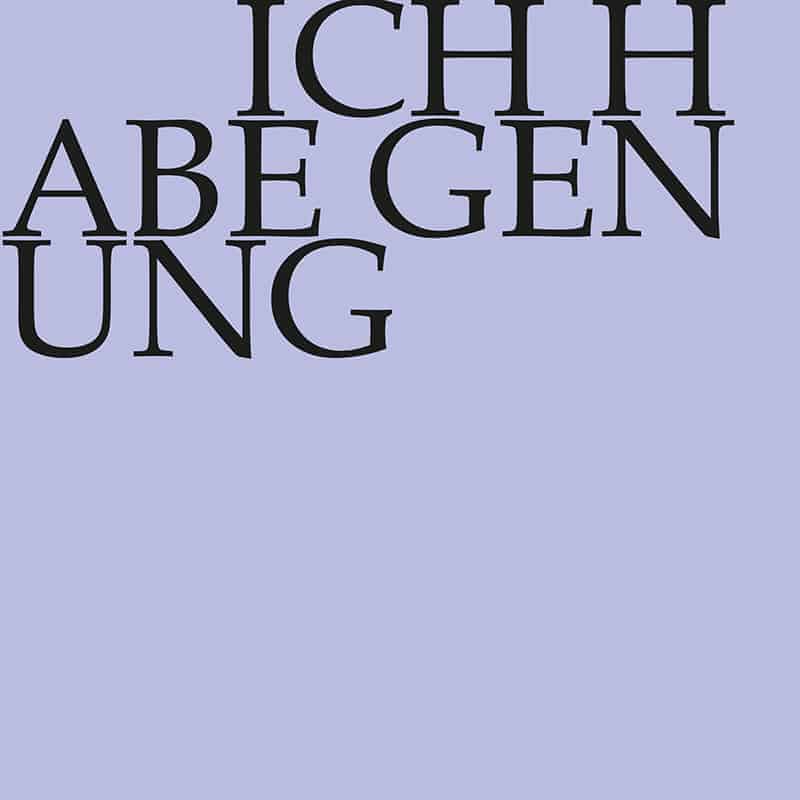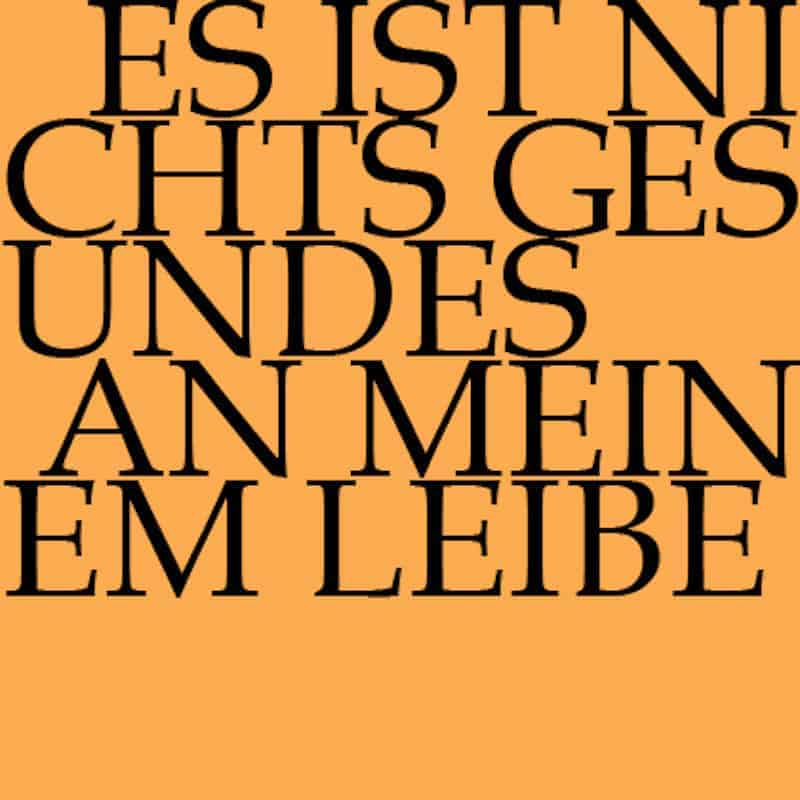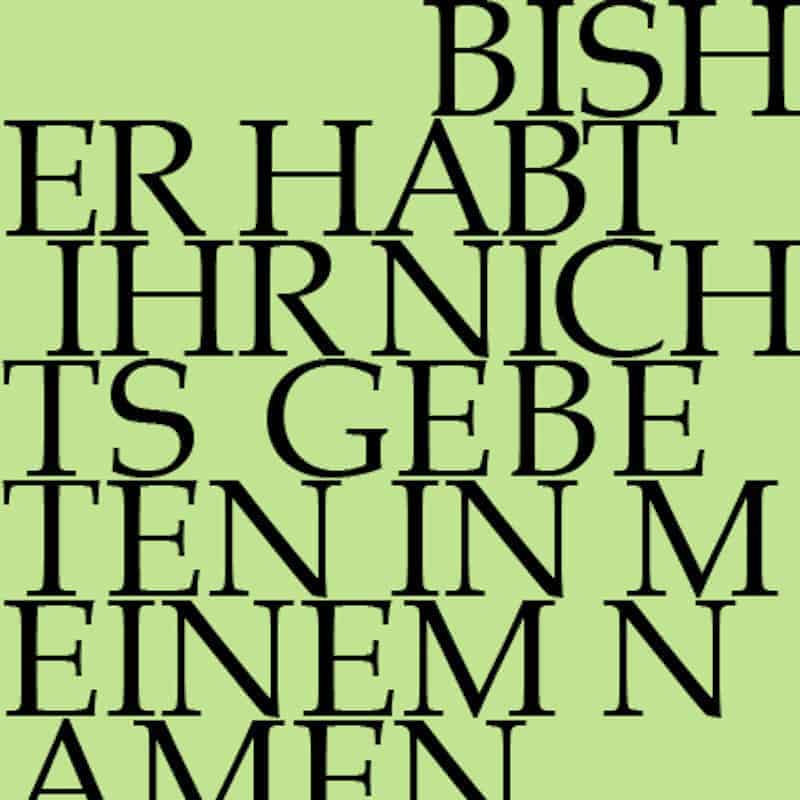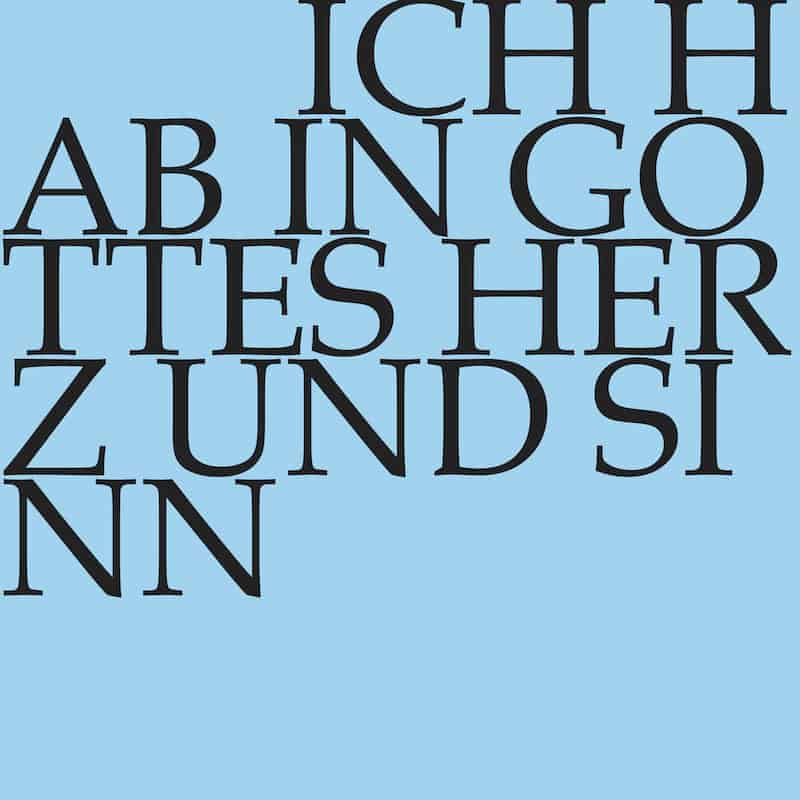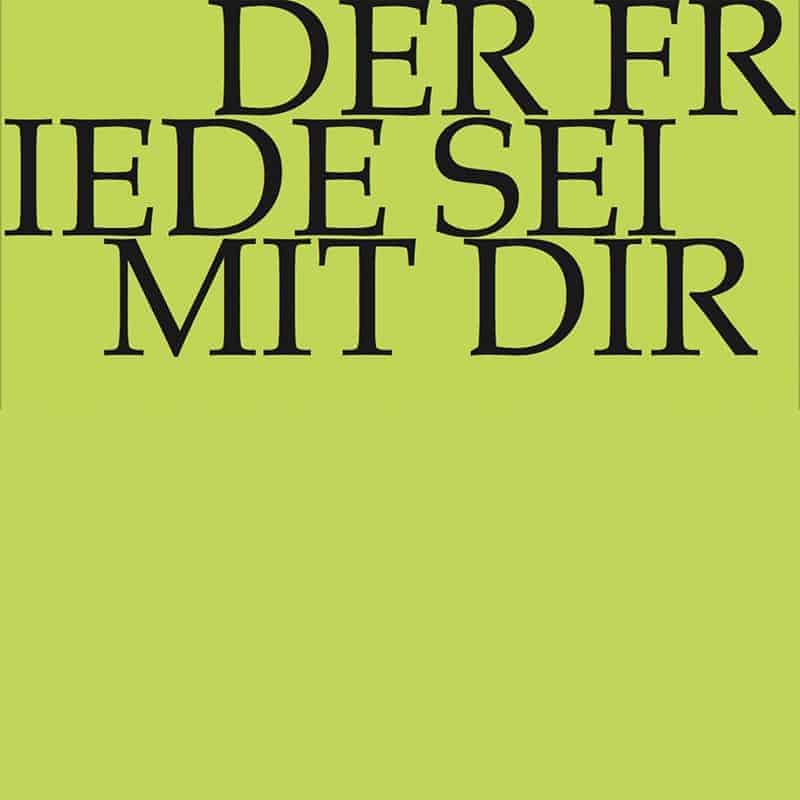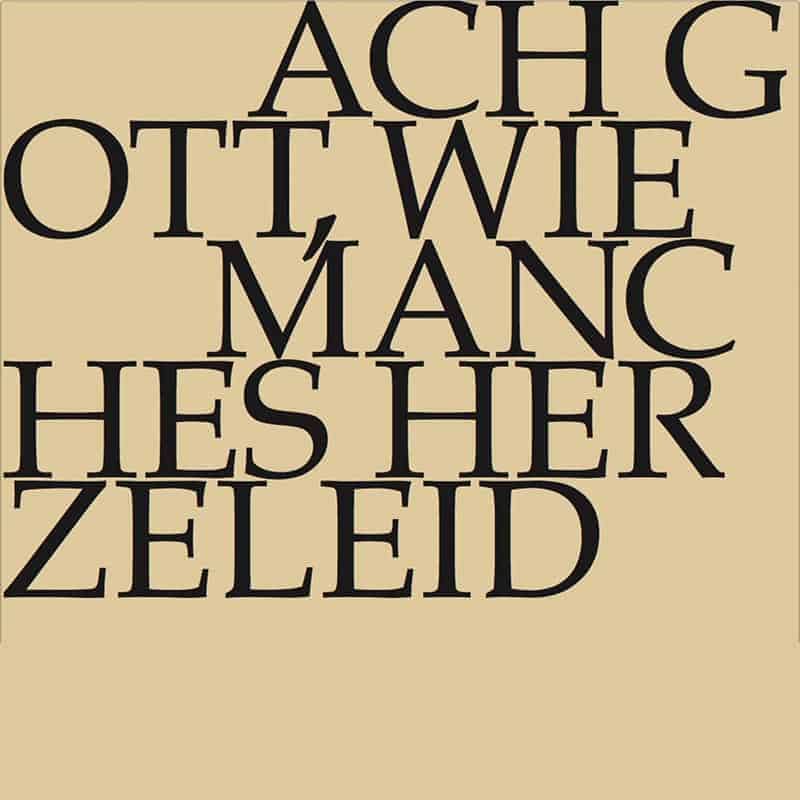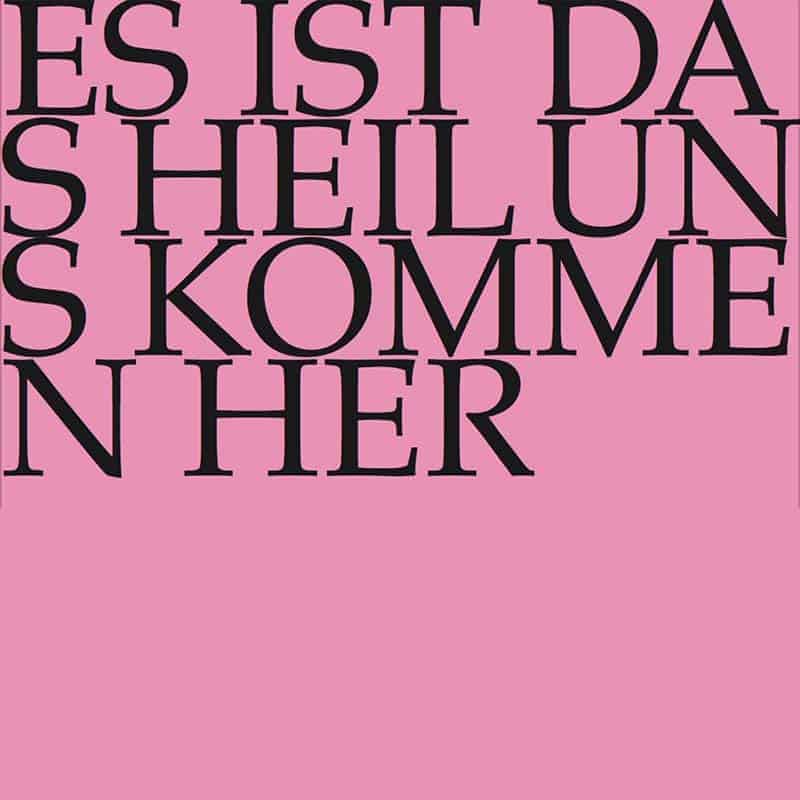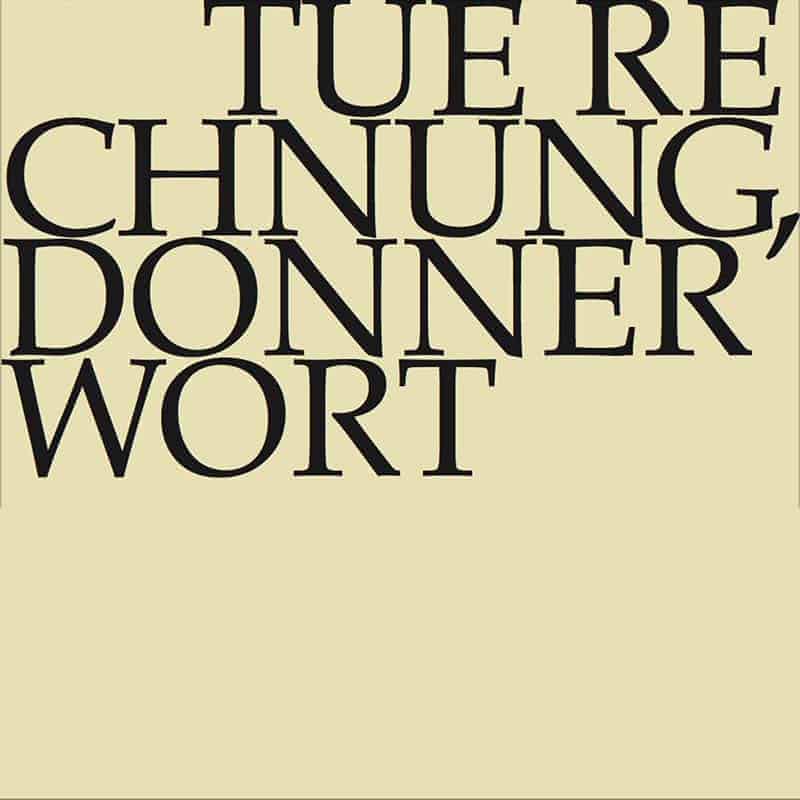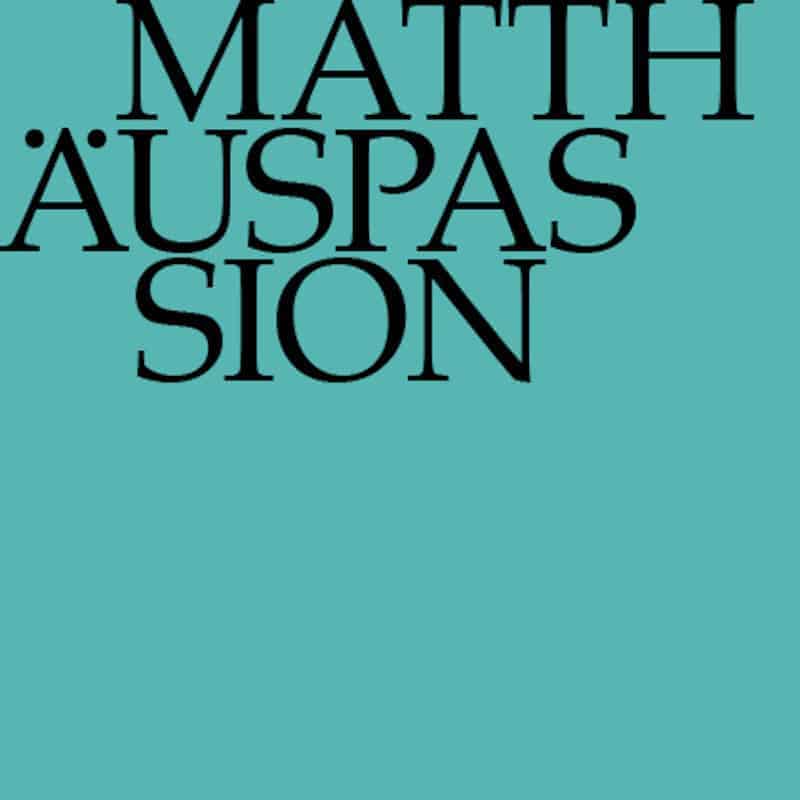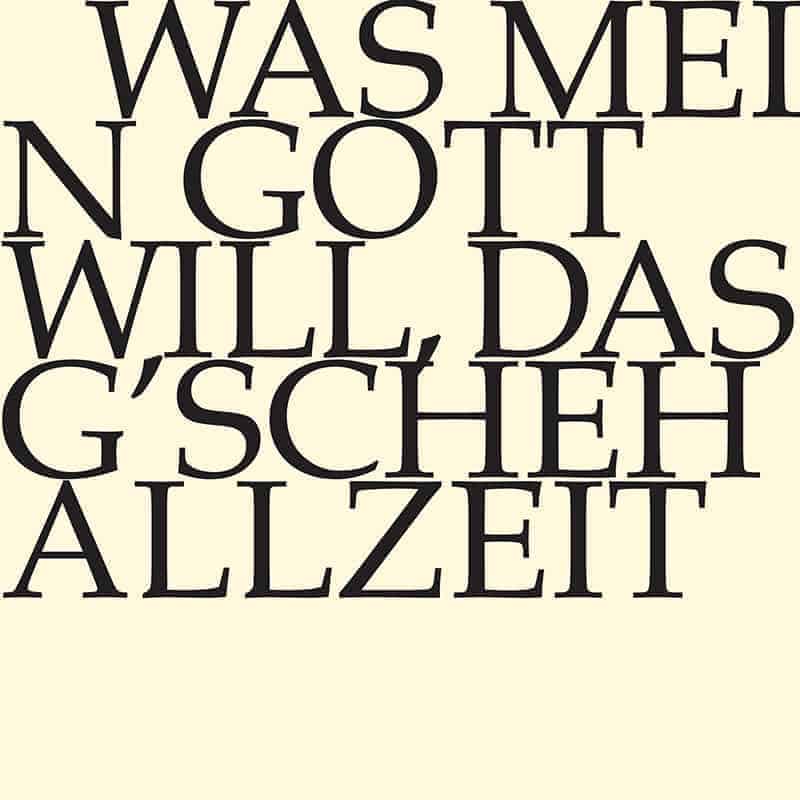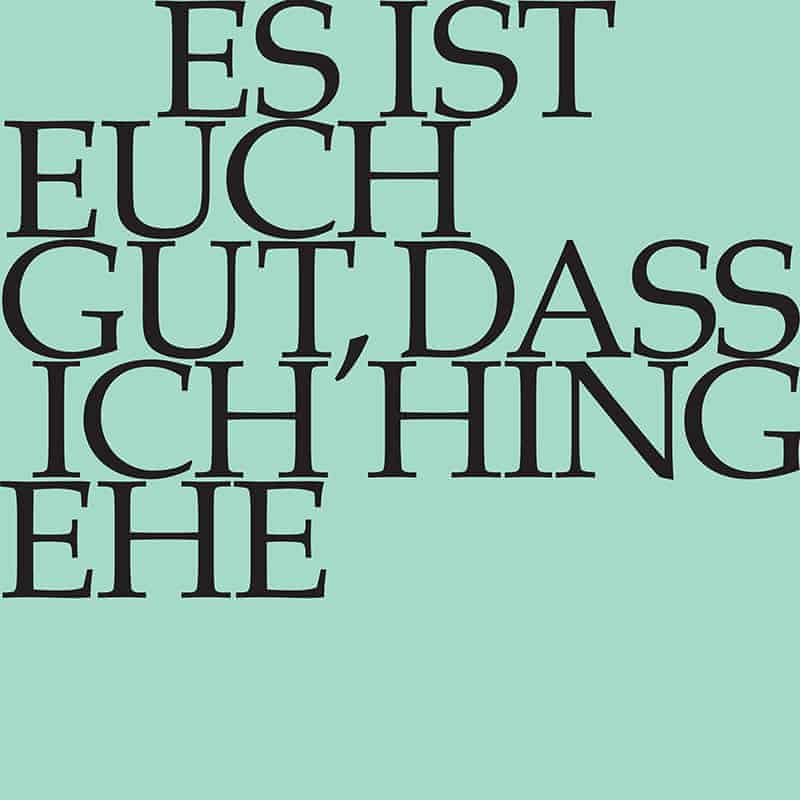In November 2024, the “With Brahms and Bach” tour took the Choir and Orchestra of the J. S. Bach Foundation, under the baton of Rudolf Lutz, to St. Gallen, Basel, Bern, Zurich, and Schaffhausen. Marking a departure from their usual repertoire, the ensemble performed a major work by the great Romantic composer – and devoted … Read More
Archives
Nun komm, der Heiden Heiland
(Now come, the gentiles’ Saviour) for soprano, alto, tenor and bass, vocal ensemble, horn, oboe I+II, strings and basso continuo
Ich habe genung
(I have now enough) for bass, oboe, strings and basso continuo
Es ist nichts Gesundes an meinem Leibe
(There is nought of soundness within my body) for soprano, tenor and bass, vocal ensemble, flauto I-III, oboe I+II, cornetto, trombone I-III, strings and basso continuo Composed for 22 August 1723 in Leipzig, cantata BWV 25 is an example of the magnificent compositions with which Bach, as the new Thomascantor, impressed and challenged his audiences. … Read More
Bisher habt ihr nichts gebeten in meinem Namen
(Till now have ye nought been asking) for soprano, alto, tenor and bass, oboe I+II, oboe da caccia, strings and basso continuo
Ich hab in Gottes Herz und Sinn
(I have to Godís own heart and mind) for soprano, alto, tenor and bass, vocal ensemble, oboe díamore I+II, strings and bassos continuo
Der Friede sei mit dir
(May peace now be with thee) for bass, vocal ensemble, oboe, strings and basso continuo Bach’s third bass cantata, BWV 158, is often to be found on CD compilations together with the famous “Kreuzstab” and “Ich habe genug” bass cantatas, and while this makes for most sensible programming, BWV 158 generally seems to come off … Read More
Ach Gott, wie manches Herzeleid
(Ah God, how oft a heartfelt grief) for soprano and bass, oboe I+II, taille d’hautbois, strings and basso continuo
Es ist das Heil uns kommen her
(Now is to us Salvation come) for soprano, alto, tenor and bass, vocal ensemble, transverse flute, oboe d’ amore, bassoon, strings and basso continuo Composed for the Sixth Sunday after Trinity in 1724, cantata BWV 9 “Es ist das Heil uns kommen her” (Now is to us salvation come) proffers a charming display of the … Read More
Tue Rechnung, Donnerwort
(Make a reck’ning! Thund’rous word) for soprano, alto, tenor and bass, oboe d’amore I+II, bassoon, strings and continuo The cantata “Tue Rechnung! Donnerwort” (Make a reck’ning! Thunderous word), probably performed for the first time in 1725, numbers among Bach’s most dramatic compositions. Indeed, the work adopts an arresting tone from the opening phrase: in a … Read More
Matthäuspassion
(St Matthew Passion) The double-choir St Matthew Passion, already termed the “grosse Bassion” (great Passion) in an early posthumous tribute by the Bach family, is one of Bach’s most comprehensive and significant sacred compositions.
Was mein Gott will, das g’scheh allzeit
(What my God will, be done alway) for soprano, alto, tenor and bass, vocal ensemble, oboe I+II, bassoon, strings and continuo The cantata “Was mein Gott will, das g’scheh allzeit” (What my God will be done always) was composed for the Third Sunday after Epiphany in 1725. With its sustained thematic treatment of the chorale … Read More
Es ist euch gut, daß ich hingehe
(It is for you that I depart now) for alto, tenor and bass, four-part choir, oboe d’amore I+II, bassoon, strings and continuo


